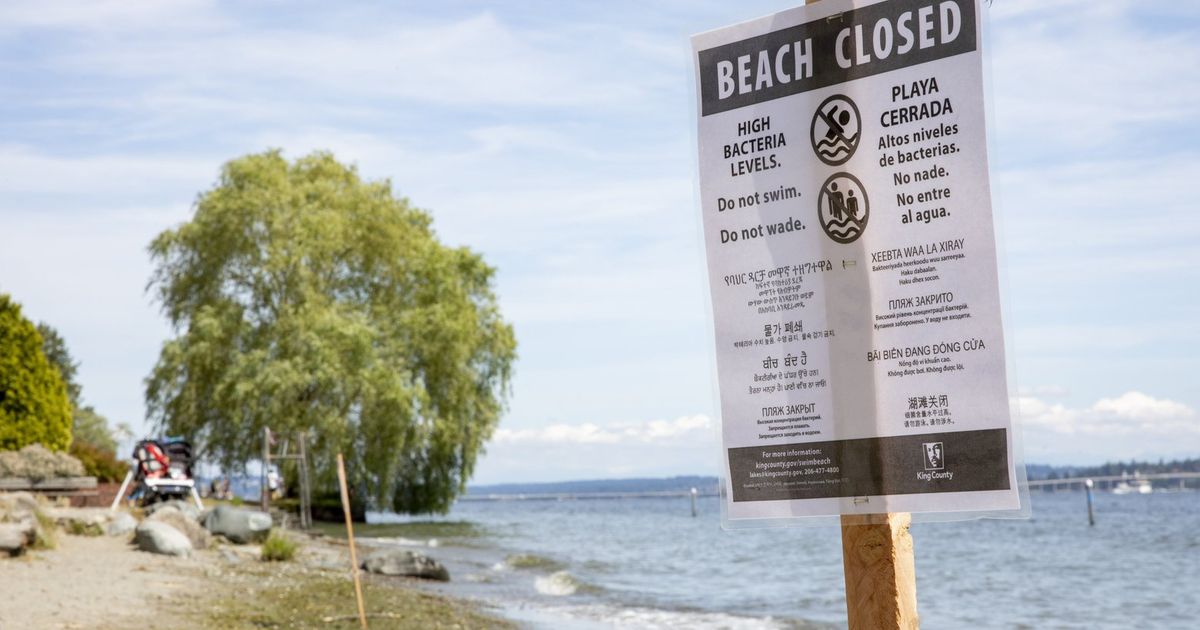Bacteria in water closes several Seattle-area beaches
King County Parks and Recreation is urging people and pets to stay out of the water at several Seattle-area lake beaches due to high bacteria in the water. King County Parks and Recreation has closed several Seattle-area lake beaches due to high levels of bacteria. The high level of bacteria indicates that there is poop in the water from people, pets, or wildlife. These bacteria can cause symptoms such as rashes, diarrhea, vomiting, headaches, and fever. Children, elderly people, people with weakened immune systems and dogs who drink the water are at a higher risk of illness. King County tests the water once a week at many popular public swimming beaches on Lake Washington, Lake Sammamish, Green Lake and other Seattle lakes. Once the department understands the source of the poop, managers will clean it from docks or reduce the number of geese at beaches.

Publié : il y a un an par Vonnai Phair dans Health
King County Parks and Recreation is urging people and pets to stay out of the water at several Seattle-area lake beaches due to tests finding high levels of bacteria.
Public Health — Seattle & King County recommends people should not swim or play in the water at Renton’s Gene Coulon Beach, Seattle’s Madrona Beach, Madison Park Beach, Mount Baker Beach, Matthews Beach and Green Lake’s East Beach and Kirkland’s Juanita Beach and Waverly Park Beach.
High level of bacteria means there is poop in the water from people, pets or wildlife, the parks department said in an alert.
Germs can cause rashes, diarrhea, throwing up or feeling nauseous, stomachaches, headaches or fever. They can also cause an infection in the eyes, ears, nose, throat or skin. Children, elderly people, people with weakened immune systems and dogs (who often drink the water) have a higher risk of getting sick, the department said.
King County tests the water once a week at many popular public swimming beaches on Lake Washington, Lake Sammamish, Green Lake and other Seattle-area lakes.
When a beach is closed because of high levels of bacteria, the department will talk with staff to understand what has been going on at and near the beach.
Parks will also contact local sewage utilities about the possibility of a sewage spill, the department said online.
The department may sometimes run additional tests to determine what type of animal the poop is coming from.
Once the department understands the sources, managers will help keep poop out of the water by cleaning it from docks, reducing the number of geese at beaches or even improving drainage in the park, the department said.
